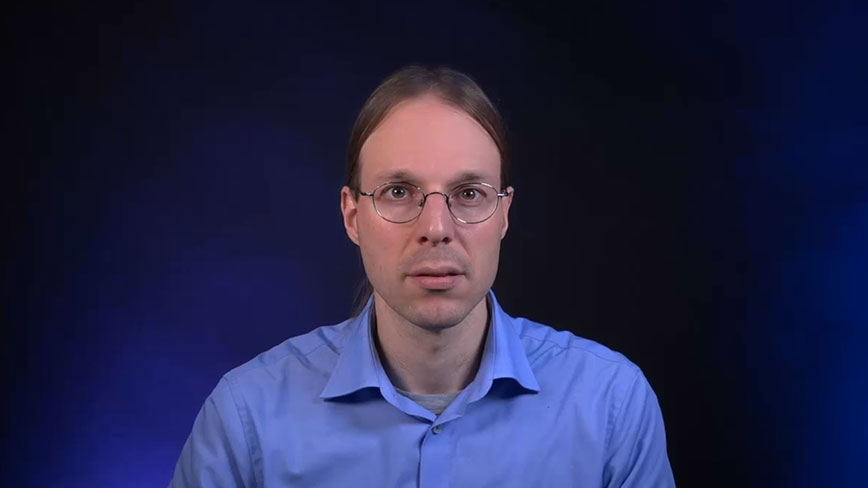Hardcore hardware platform for experiments
The Croaker Server

We talked to Cyrille Artho, who has started up the Croaker Server, about 32 times as powerful as a high-end laptop: "At this point, we need an actual platform we can use to unleash our tools on different problems. Our laptops are not designed for that, as we need them for everyday tasks and cannot run experiments non-stop on them."
Hi Cyrille! Would you please tell us about the Croaker server?
"The Croaker server is our new hardware platform for the WARA-Software project which is a research arena to enable software research collaboration between WASP's academic and industrial partners, engaging both senior researchers and WASP PhD students.
The server will be the hardware platform for our experiments. It is a powerful server with 128 cores and 512 GB of RAM, about 32 times as powerful as a high-end laptop these days. It runs day and night and is always ready to run our experiments. As The Center for High Performance Computing (PDC) hosts it, it is connected to a fast network that makes it easy to transfer data back and forth."
What does the server do, and who can use it and benefit from it?
"Up to now, we have spent our efforts on the software toolchains for this arena. At this point, we need an actual platform we can use to unleash our tools on different problems. Our laptops are not designed for that, as we need them for everyday tasks and cannot run experiments non-stop on them. So we need a server that we can manage easily and let students use flexibly. Unlike when using the whole PDC cluster, we do not have to make reservations for CPU time long in advance. We can run the software directly rather than as a batch job, making it ideal for medium-sized experiments typical in software technology. If you are part of CASTOR or WASP and need an account, you can contact me."
The server is part of the WARA software arena project, where CASTOR and WASP are involved. Tell us a bit more about that.
"The arena is a common ground where we can compare different tools consistently and repeatably. You can, in a way, imagine the arena as a large testbed where software tools "fight" against programs to analyze them correctly and answer the question: Can they tell correct programs from faulty ones?
WARA-SW addresses two concerns at the same time: it helps PhD students to focus on the research and not worry about the platform, which improves the quality of their work, and it also provides us with a technical platform that facilitates sharing our tools and results between students and our partner companies, thus improving technology transfer."
